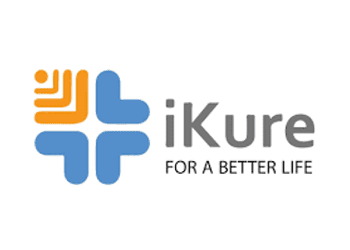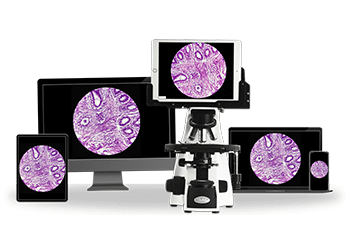During the onslaught of COVID, India’s healthcare infrastructure faced several challenges as we struggled with a shortage of beds and oxygen during the two waves of the pandemic. While the crisis has slowly receded, it has left an indelible impact by disrupting primary healthcare delivery in India in the following ways:
Restricted access to healthcare facilities: During the lockdown, healthcare facilities were either closed, converted to COVID hospitals/containment zones or were operated with reduced staff. Patients were thus unable to get timely treatment and medicines.
Transportation challenges: Patients faced challenges in travelling to healthcare facilities due to unavailability of adequate transportation.
Diversion of healthcare workers: ASHA workers were diverted towards COVID-19 screening through door-to-door visits. This adversely impacted their other primary healthcare responsibilities.
Reduction in home visits by ASHAs: Many ASHAs did not have adequate PPE (Personal Protective Equipment) including masks, gloves and sanitizers. Due to this, they were unable to perform their regular home visits.
Loss of family income: A large number of families were affected by loss of income. This impacted their access to proper nutrition, medicines and clinical treatment.
High-risk stratification for patients with comorbidities: Patients with existing chronic conditions were more vulnerable to COVID and thus, classified as a high-risk category. They faced severe challenges in accessing healthcare facilities and getting medicines regularly.
Sunderbans is a geographically vulnerable place as it experiences natural calamities on a regular basis and this vulnerability of the delta often affects people’s access to healthcare services. As per the International Research Journal of Social Sciences in 2014, not a single block has been found where less than 30,000 people are served by one PHC.
COVID has further exacerbated the situation by impacting the livelihoods of the 5 million people in Sunderbans, making healthcare even more inaccessible than it already was.
To combat this gap in healthcare delivery, solutions such as iKure are meeting primary healthcare and prevention needs through a unique combination of health outreach initiative, skills development and technology intervention.
iKure’s health management services span preventive, promotive and curative aspects of healthcare and focuses on addressing primary healthcare needs across rural, semi-urban as well as urban areas. Leveraging the power of ICT, they have developed a medical collaboration platform called Wireless Health Incident Monitoring System – WHIMs – which is an aided telemedicine platform used by doctors & iKure’s community health workers to screen and monitor patients at their doorstep.
The platform allows patients to:
- Connect with doctors instantly
- Manage patients health profiles
- Make patient diagnosis
- Provide access to treatment plans and prescriptions
ACT For Health is supporting iKure in strengthening primary care delivery in Satjelia and Kumirmari islands of Sunderbans by setting up clinics to offer face to face and teleconsultation services, pathology, ophthalmology, physiotherapy, dermatology, sale of medicine, health screening camps and other such services.
Through this project we aim to cater to 1 lakh people across these islands by leveraging technology to train community health workers and deploy primary care protocols on ground.


